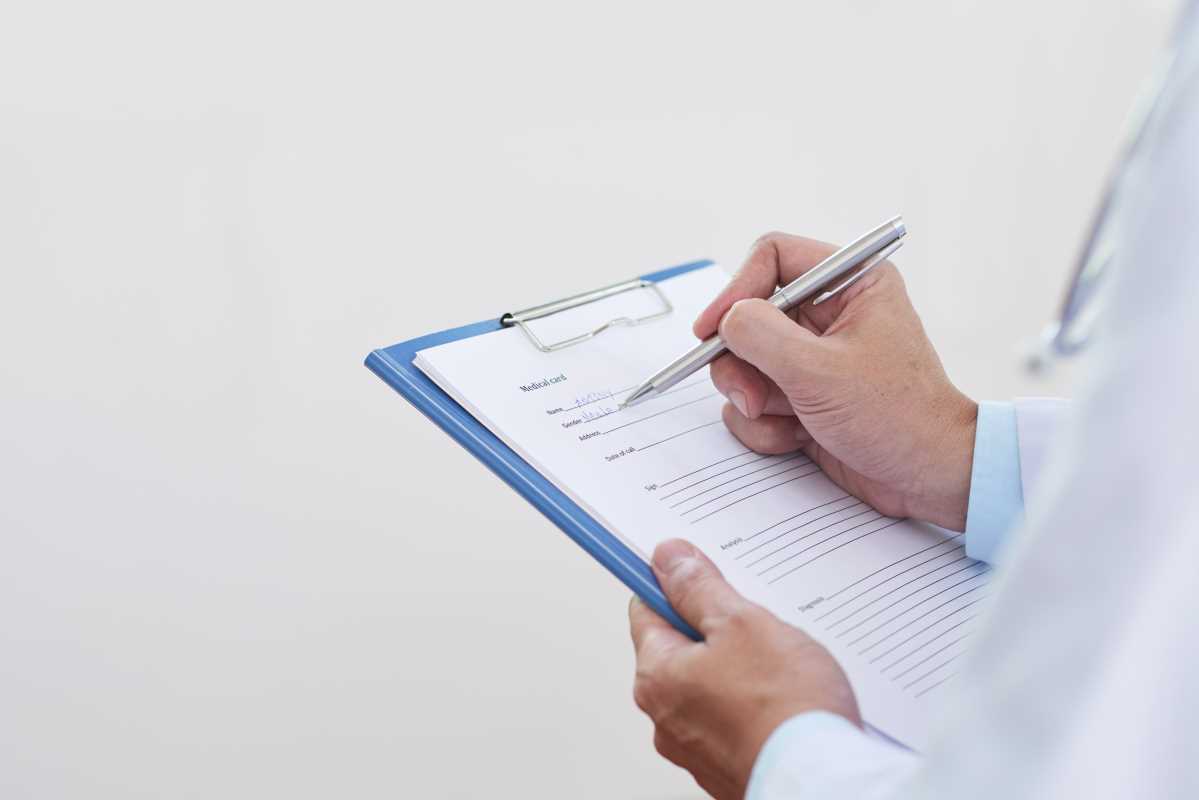Your personal health information is some of the most sensitive data you share, and protecting it should be a top priority. With the increasing use of digital platforms for everything from booking medical appointments to accessing test results, safeguarding this information has never been more essential. The good news? There are practical steps you can take to ensure your health data stays secure while you enjoy the conveniences of the digital world.
Why Protecting Your Health Information Matters
Health information often includes details like your medical history, health insurance details, and even your social security number. If these fall into the wrong hands, the consequences can range from identity theft to fraudulent use of your insurance. Understanding the importance of protecting this data is the first step in taking control of your digital security.
By adopting a few simple habits online, you can drastically reduce the risk of breaches and protect your privacy. Here’s how.
1. Use Strong, Unique Passwords
It’s tempting to reuse the same password for multiple accounts, but this increases your vulnerability if one of your accounts gets compromised. Instead, use unique passwords for each platform, especially for health websites and apps.
Tips for Creating Strong Passwords:
- Use a mix of uppercase letters, lowercase letters, numbers, and symbols.
- Avoid using easily guessed details like birthdays or names.
- Consider using a password manager to generate and store complex passwords securely.
Remember, the stronger your password, the harder it is for hackers to gain access to your personal health records.
2. Enable Two-Factor Authentication
Two-factor authentication (2FA) adds an extra layer of security beyond your password. By requiring a second step, like a text message code or an authentication app, it becomes significantly harder for someone to access your accounts without your permission.
How to Set Up 2FA:
- Check if your health app or website supports 2FA. Most reputable platforms do.
- Follow their instructions to link either your phone number or an authenticator app.
- Test the system to ensure you're familiar with how it works.
With 2FA, even if your password is stolen, your account remains protected.
3. Avoid Public Wi-Fi for Sensitive Tasks
Public Wi-Fi networks, like those in coffee shops, libraries, or airports, are convenient but risky. These networks are often unsecured, making it easier for hackers to intercept your data.
Things to Keep in Mind:
- Avoid logging into medical portals or health apps while using public Wi-Fi.
- If urgent, use a Virtual Private Network (VPN) to encrypt your connection.
- Wait until you’re on a trusted, private network before accessing sensitive information.
Taking precautions when browsing on public networks is a small effort for long-term peace of mind.
4. Be Wary of Phishing Attempts
Phishing emails and messages often try to trick you into revealing personal information by pretending to be from trusted organizations. These scams have become increasingly sophisticated, often mimicking emails from health providers or insurance companies.
How to Spot Phishing Attempts:
- Look for unfamiliar sender email addresses or poor grammar in the message.
- Be cautious of urgent language urging you to "act now" or verify sensitive details.
- Avoid clicking unknown links; instead, go directly to the provider's official website to verify the request.
When in doubt, trust your instincts. If a message seems suspicious, it’s always safer to call the organization directly.
5. Understand Privacy Settings on Health Apps and Websites
When using health-related apps or portals, take time to review their privacy settings to ensure you’re comfortable with how your data is being used and shared.
Steps to Take:
- Read the privacy policy to understand what data is collected and how it’s stored.
- Adjust permissions to restrict unnecessary access (e.g., disable location tracking if it’s not essential).
- Regularly review your account activity and permissions to identify anything unusual.
Being proactive about app and website settings gives you control over your digital footprint.
6. Regularly Monitor Your Accounts
Keeping a close eye on your health accounts and statements can help you catch unauthorized activity early. Look out for suspicious charges, unfamiliar logins, or sudden changes in your account details.
Helpful Habits:
- Set up notifications for account activity, if available.
- Check your medical records periodically for inaccuracies.
- Report any discrepancies to the relevant provider immediately.
A little vigilance goes a long way in keeping your information secure.
Stay Vigilant and Stay Safe
Protecting your health information online doesn’t have to be complicated. By implementing these strategies, you can reduce your risks and enjoy the benefits of digital health services with confidence. Regularly reviewing your security practices ensures you stay ahead of potential threats.
Your health is invaluable, and so is your data. Take these steps today to secure your digital world and maintain peace of mind. With a little care and effort, you can confidently manage your personal health information in the digital space.
 (Image via
(Image via





